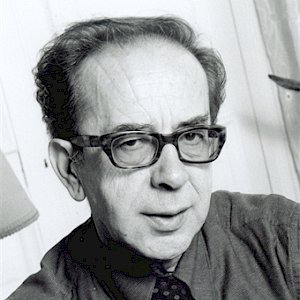The Siege
Ismail Kadare
In the early fifteenth century, as winter falls away, the people of Albania know that their fate is sealed. They have refused to negotiate with the Ottoman Empire, and war is now inevitable.
Soon enough dust kicked up by Turkish horses is spotted from a citadel. Brightly coloured banners, hastily constructed minarets and tens of thousands of men fill the plain below. From this moment on, the world is waiting to hear that the fortress has fallen.
The Siege tells the enthralling story of the weeks and months that follow - of the exhilaration and despair of the battlefield, the constantly shifting strategies of war, and those whose lives are held in balance, from the Pasha himself to the technicians, artillerymen, astrologer, blind poet and harem of women that accompany him.
Brilliantly vivid, as insightful as it is compelling, The Siege is an unforgettable account of the clash of two great civilisations. As a portrait of war, it resonates across the centuries and confirms Ismail Kadare as one of our most significant writers.
“The Siege is a compelling tale of the savagery and uncertainty of war, and a brilliant historical novel by one of the world’s greatest living writers”
simon Sebag Montefiore
See more reviews
“A rallying cry to people besieged by the forces of tyranny.”
Alice Fordham
the Times
“One of the most important voices in literature today.”
Alan Chadwick
metro
“A tale steeped in blood, a snapshot of a centuries-long conflict, but at the same time Kadare’s realism and lively sense of irony give it a modern twist.”
Adam Lively
sunday Times
“The urgent gestures towards something that’s not quite said somehow make the story linger in the mind long after the regime in which The Siege was written went the way of the empire it dreams back to life.”
Christopher Taylor
guardian
Ismail Kadare
ISMAIL KADARE was born in 1936 in Gjirokaster, in the south of Albania. He studied in Tirana and Moscow, returning to Albania in 1960 after the country broke ties with the Soviet Union. Translations of his novels have since been published in more than forty countries, and in 2005 he became the first winner of the Man Booker International Prize.
DAVID BELLOS, Director of the Program in Translation at Princeton University, is also the translator of Georges Perec’s Life A User’s Manual and a winner of the Goncourt Prize for biography. He has translated seven of Ismail Kadare’s novels, and in 2005 was awarded the Man Booker International Prize for his translations of Kadare’s work.


